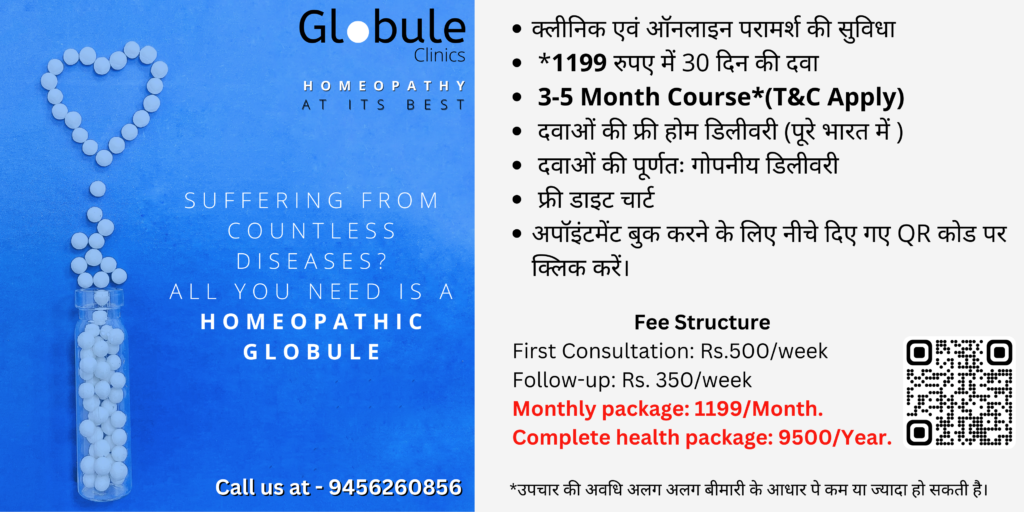Growth retardation in children is a significant concern for parents and healthcare professionals alike. This blog will delve into the causes, clinical symptoms, risk factors, complications, investigations, homeopathic approaches, management, exercise, and dietary recommendations related to growth retardation.

Causes
Growth retardation can result from various factors, including:
- Genetic Disorders: Conditions like Turner syndrome, Down syndrome, and Noonan
syndrome. - Endocrine Disorders: Hypothyroidism, growth hormone deficiency, and Cushing’s
syndrome. - Chronic Illnesses: Congenital heart disease, chronic kidney disease, and cystic fibrosis.
- Malnutrition: Insufficient intake of essential nutrients.
- Psychosocial Factors: Emotional neglect or chronic stress.
- Intrauterine Growth Restriction (IUGR): Poor growth of a baby while in the mother’s
womb. - Environmental Factors: Exposure to toxins, infections, or inadequate healthcare.
Clinical Symptoms
Children with growth retardation may exhibit:
- Short Stature: Significantly below average height for their age.
- Delayed Development: Late milestones like walking or talking.
- Poor Weight Gain: Inability to gain weight at a normal rate.
- Decreased Appetite: Lack of interest in eating.
- Fatigue: Persistent tiredness and low energy levels.
- Delayed Puberty: Late onset of puberty-related changes.
Risk Factors
Several factors increase the risk of growth retardation:
- Family History: Genetic predisposition to short stature.
- Prematurity: Babies born prematurely are at higher risk.
- Low Birth Weight: Babies with low birth weight are more prone to growth issues.
- Chronic Illnesses: Long-term health conditions can impede growth.
- Poor Nutrition: Inadequate nutrition during crucial growth periods.
- Socioeconomic Status: Limited access to healthcare and nutrition.
Complications
Untreated growth retardation can lead to:
- Delayed Cognitive Development: Affecting learning and intellectual abilities.
- Emotional and Social Issues: Low self-esteem and social isolation.
- Increased Morbidity: Higher risk of infections and chronic diseases.
- Poor Bone Health: Increased risk of fractures and osteoporosis.
Investigation
To diagnose growth retardation, healthcare providers may:
- Monitor Growth Patterns: Regular measurement of height and weight.
- Bone Age Assessment: X-rays to evaluate bone development.
- Hormone Levels: Blood tests to check for hormonal deficiencies.
- Genetic Testing: Identify any underlying genetic conditions.
- Nutritional Assessment: Evaluate dietary intake and nutritional status.
- Imaging Studies: Ultrasounds or MRIs to check for structural anomalies.
Homeopathic Approaches
Homeopathy offers individualized treatment plans focusing on the child’s overall well-being.
Common remedies include:
- Calcarea Phosphorica: For children with delayed milestones and poor growth.
- Silicea: Helps in improving appetite and overall development.
- Baryta Carbonica: Suitable for children with physical and mental developmental delays.
- Tuberculinum: For children with a history of recurrent infections and poor growth.
Management
Effective management of growth retardation involves:
- Regular Monitoring: Tracking growth progress and adjusting treatment plans.
- Addressing Underlying Conditions: Treating any medical conditions contributing to
growth issues. - Nutritional Support: Ensuring a balanced diet rich in essential nutrients.
- Psychosocial Support: Providing emotional and psychological support to the child and
family.
Exercise
Regular physical activity can help improve growth and development. Recommended exercises
include:
- Stretching Exercises: Promote flexibility and improve posture.
- Strength Training: Light weight-bearing exercises to build muscle and bone strength.
- Aerobic Activities: Swimming, running, and cycling to enhance overall fitness.
- Yoga: Improves flexibility, balance, and mental well-being.
Diet
A balanced diet is crucial for optimal growth. Key dietary recommendations include:
- Protein-Rich Foods: Lean meats, fish, eggs, and legumes.
- Calcium and Vitamin D: Dairy products, leafy greens, and fortified foods for bone
health. - Iron-Rich Foods: Red meat, poultry, and iron-fortified cereals.
- Fruits and Vegetables: A variety of colorful fruits and vegetables for essential vitamins
and minerals. - Hydration: Adequate water intake to support overall health.
Conclusion
Growth retardation is a multifaceted issue requiring a comprehensive approach to diagnosis and
management. By addressing underlying causes, providing nutritional and psychosocial support,
and incorporating homeopathic remedies, we can help children achieve their full growth
potential. Regular exercise and a balanced diet are also essential components of a holistic
growth-promoting strategy

